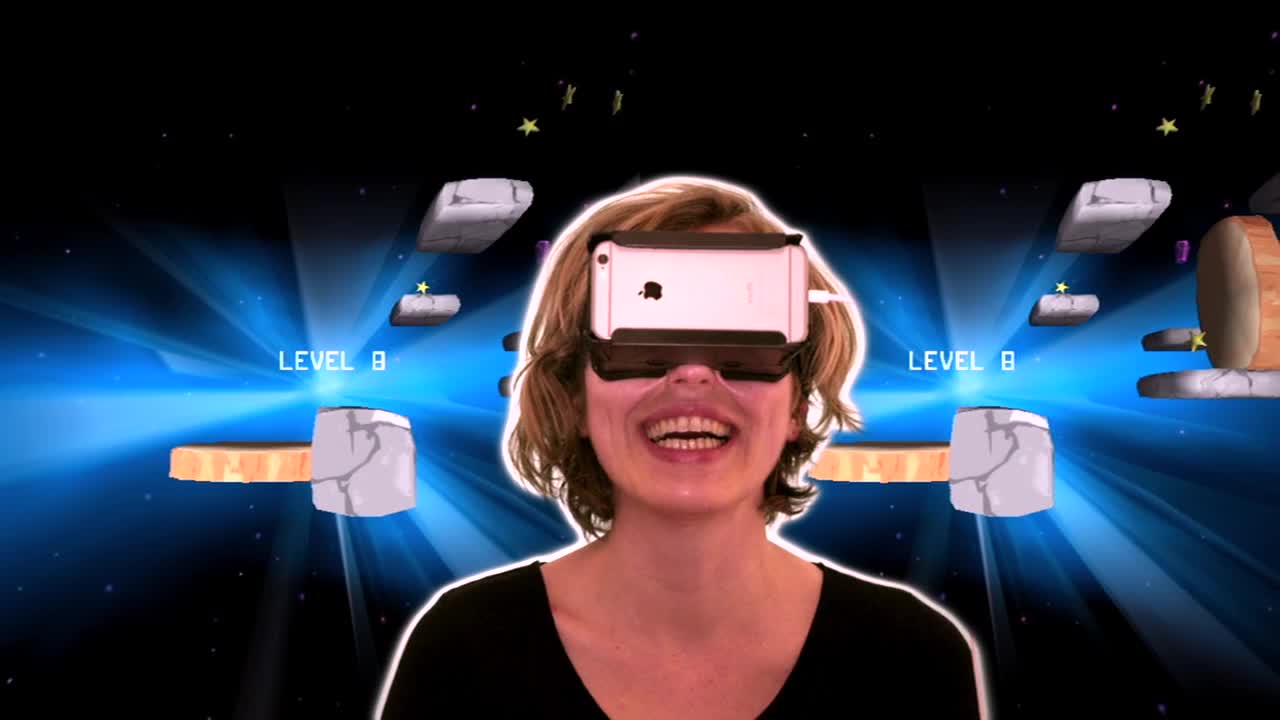|
Citizen Science, a burgeoning field at the intersection of technology and scientific exploration, has gained significant momentum in recent years. This innovative approach to research involves engaging the general public in various scientific endeavors, empowering individuals from different backgrounds to contribute their time, skills, and knowledge to advance scientific knowledge. In this article, we will delve into the concept of Citizen Science and explore how technology plays a pivotal role in facilitating this collaborative process. At its core, Citizen Science aims to bridge the gap between professional researchers and the larger community, allowing everyone to actively participate in scientific discovery. Through technological advancements, particularly in the realm of digital platforms and mobile applications, Citizen Science projects have witnessed exponential growth and participation. One key aspect of Citizen Science enabled by technology is data collection. Mobile apps and online platforms provide accessible means for individuals to report observations, collect samples, or document phenomena in their surroundings. For instance, apps like iNaturalist allow users to identify and record plant and animal species they encounter, contributing valuable data to biodiversity research. By leveraging the ubiquity of smartphones and the internet, scientists can harness the collective power of millions of citizen scientists worldwide, generating vast datasets that were previously unimaginable. Furthermore, technology facilitates real-time communication and collaboration among citizen scientists and researchers. Online forums, social media groups, and dedicated project websites serve as virtual meeting places where participants can discuss methodologies, share findings, and seek guidance from experts. These digital spaces foster a sense of community, connecting individuals with shared interests and providing them with opportunities to learn and grow together. Machine learning algorithms and artificial intelligence (AI) also play a vital role in processing and analyzing the massive volumes of data generated through Citizen Science initiatives. These technologies can automate the identification and classification of images, sounds, or other data inputs submitted by citizen scientists, significantly reducing the burden on researchers. By employing AI-powered tools, scientists can streamline data analysis processes and derive insights more efficiently. Moreover, Citizen Science projects often incorporate gamification elements to enhance engagement and motivation. Through interactive platforms, citizen scientists can earn badges, compete on leaderboards, or participate in challenges, transforming scientific exploration into a fun and rewarding experience. These gamified approaches not only attract a wider audience but also encourage long-term participation and sustained contributions. However, it is crucial to acknowledge the limitations and potential biases associated with Citizen Science. As participants come from diverse backgrounds and possess varying levels of expertise, ensuring data accuracy and quality control becomes a significant challenge. Scientists must employ rigorous validation methods and establish clear protocols to address these concerns. Additionally, issues such as privacy, data ownership, and ethical considerations must be carefully addressed to protect the rights and interests of both participants and researchers. Citizen Science represents a powerful paradigm shift, democratizing scientific research and enabling collective exploration. Technology acts as a catalyst, providing the necessary tools and platforms to engage citizens actively in scientific endeavors. By harnessing the potential of mobile apps, online communities, AI-driven analysis, and gamification, Citizen Science projects have the capacity to revolutionize the way we understand and address complex global challenges. Together, scientists and citizen scientists can create a future where knowledge knows no boundaries, and the pursuit of discovery becomes a shared adventure.  |
